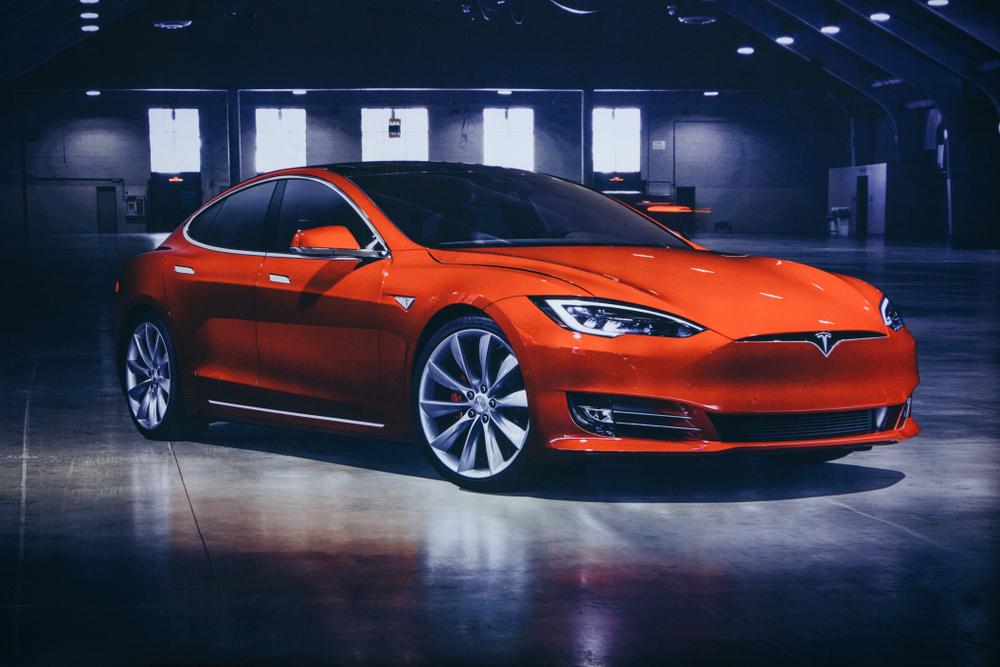The Chinese government spent RMB 32.9 billion, or USD 5 billion, to subsidize new energy vehicle companies between 2016 and 2020, in a bid to boost the sector’s development, data released by the Ministry of Industry and Information Technology (MIIT) on Monday shows.
In the five-year period, more than 1 million EVs sold in China were subsidized by the government, according to MIIT’s preliminary audit report. In 2020, around 43% of all NEV models sold were covered by subsidies.
Under the subsidy program, Warren Buffet-backed automaker BYD gained the most financial favor from the government in the five years ending in 2020. The company received a total of RMB 3.9 billion (USD 600 million) from the state. BYD was the best-selling EV maker last year with over 183,000 models sold, around 62% of which received state subsidies.
Meanwhile, Tesla was the beneficiary of the largest share of subsidies in 2020. Although the EV giant only began delivering its locally produced Model 3 to Chinese customers last year and was the defendant in a number of lawsuits, it has maintained a solid position in a highly competitive market. Tesla’s Model 3 was the top-selling EV model in its debut year, channeling in subsidies to the tune of RMB 2.12 billion (USD 330 million).
China’s subsidies program for NEVs favors vehicles with longer ranges and lower power consumption rates, the financial ministry noted. That means cars with simpler specifications weren’t eligible under the initiative. Geely sold 68,000 EVs in 2020, but only 4,247 units were subsidized as their maximum range at full charge was too short.
The program was meant to come to an end in 2020 but has been extended to 2022, as the government aims to encourage NEV sales. However, rates will taper over time. In 2021, there will be a 20% trim, the finance ministry said at the end of last year.
Last week, the MIIT vice minister Xin Guobin said that around 1.7 million EVs were sold in the first eight months of the year, and that China will take steps to consolidate EV developments in the auto industry.
Investors remain optimistic about the outlook of China’s NEV industry. SPDB International estimates that the number of new energy vehicles sold could reach 3.08 million in 2021 and 4.52 million in 2022.
Read this:As the EV race speeds up, can BYD’s battery business close the gap on CATL?
